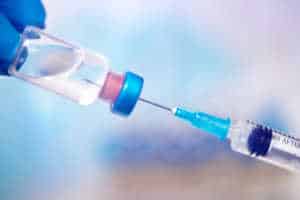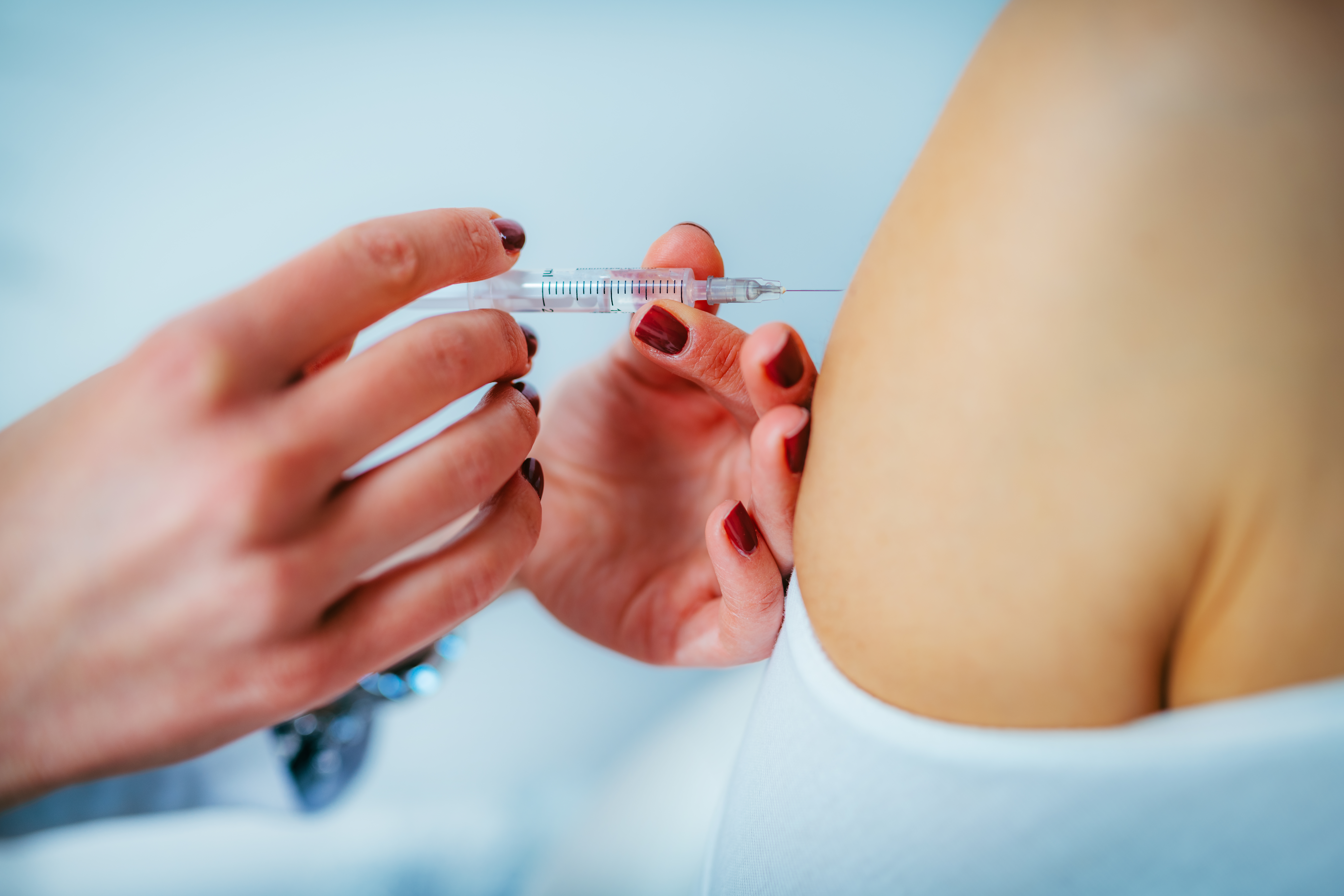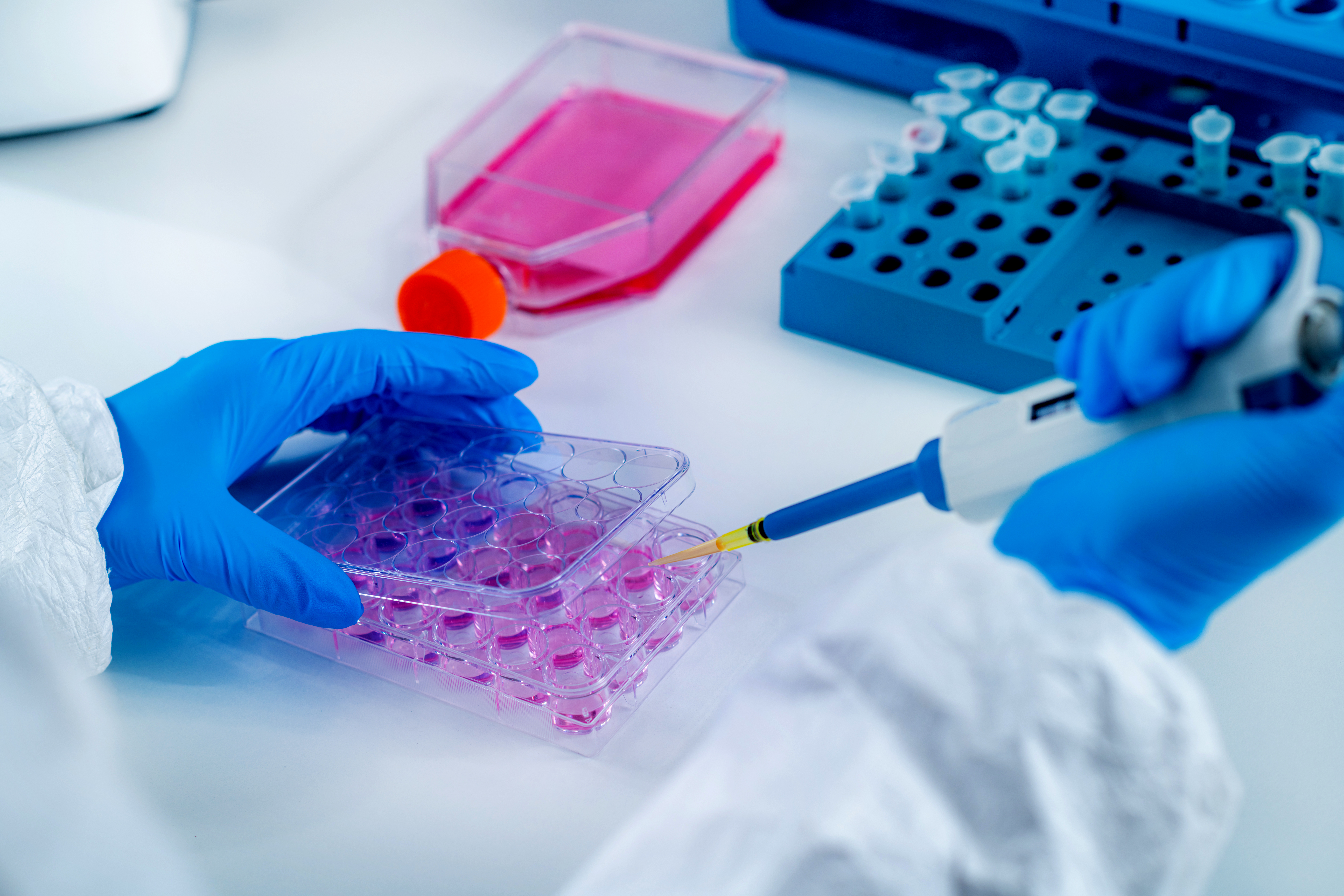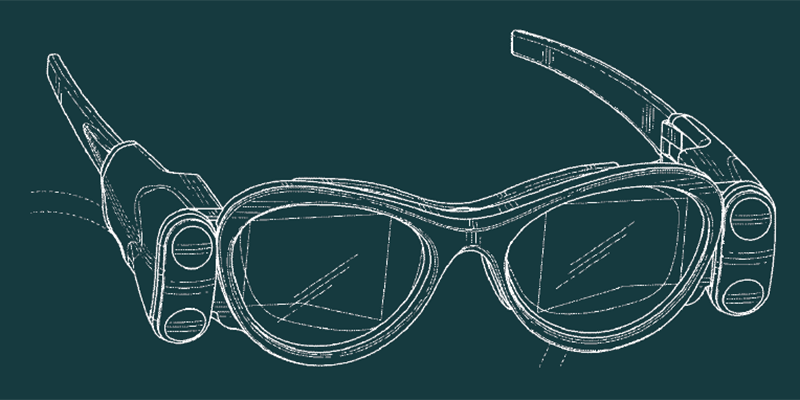Two potential frontrunners have emerged in the race for a COVID-19 vaccine. On November 16, Moderna claimed the latest breakthrough with its vaccine candidate mRNA-1237, deemed 94.5% effective against COVID-19 — just within striking distance of Pfizer’s vaccine, which demonstrated 95% efficacy according to the pharma giant.
The COVID-19 pandemic continues to spread globally, with over 59 million confirmed cases as of November 24, 2020, according to the John Hopkins’ Coronavirus Resource Center. Two companies, Pfizer with BioNTech and Moderna Therapeutics, previously noted in our Patent Landscape Report on Coronavirus Vaccines, have recently announced promising results on their phase three human trials. However, the playing field is never without its hurdles. Both companies recently faced patent-related roadblocks that may just potentially run the risk of delaying vaccine development and deployment.
In July 2020, a US Patent Trial and Appeal Board decided against Moderna in favor of Arbutus Biopharma, covering mRNA-1237’s delivery system. The ruling concerned lipid formulations for the delivery of nucleic acids which Moderna attempted to invalidate, claiming that the ‘069 patent described obvious concepts. After failing to defend its claim, Moderna filed a notice of appeal to the PTAB in September 2020 concerning the matter. The ruling sent Moderna’s stocks down to as much as 10%, while Arbutus’ shares were seen more than doubling after the decision was posted. Despite the lack of clarity on its relation to the COVID-19 vaccine, Moderna’s attempt to invalidate the patent seemed to signal that they potentially consider it as an obstacle to mRNA-1273. However, according to a press release, the company affirms that “Moderna is not aware of any significant intellectual property impediments for any products we intend to commercialize, including mRNA-1273.”
A month prior to Pfizer and BioNTech’s joint announcement of the results of the phase 3 study of their mRNA-based vaccine candidate, Allele Biotechnology and Pharmaceutical Inc. filed lawsuits in October 2020 against both companies and Regeneron, asserting that their patent related to mNeonGreen, a fluorescent protein, was infringed. Fluorescent proteins can visualize a cell’s response to treatment and Allele claims that Regeneron, Pfizer, and BioNTech used the technology without their consent to produce their respective vaccines. Allele is seeking damages in the form of royalties from the companies.
While Allele’s case remains open in the US District Court for the Southern District of California, it is unclear what the implications of patent-related litigation mean for the profitability and public reputation of the companies developing the vaccines.
As the COVID-19 vaccine race continues, it is likely that companies involved in the development of a working vaccine will be targeted by further patent infringement litigation. The immediate reputational and potential financial gains of an IP ruling would be tempting for other companies to pursue such a move.
The frontrunners’ pledge

While Moderna’s late-stage trial success appears to vindicate a novel approach that was so far limited to animal models, the company already pledged not to enforce its COVID-19 related patents against other vaccine makers. Despite facing its own IP hurdles, Moderna publicly stated in October 2020 that it would not enforce any patents related to the COVID-19 vaccine while the pandemic is happening and that it is committed to breaking down post-pandemic IP barriers through vaccine licensing agreements.
In contrast, Pfizer and BioNTech have not made any commitments towards suspending any COVID-19 vaccine-related patents. The companies have been criticized by several groups such as the UK-based NGO Global Justice and Dutch parliamentarians for refusing to give up its patent. The criticism may have stemmed from the fact that BioNTech received funding from the German government and the European Union. The companies’ vaccine was also reportedly making use of a spike protein technology developed by the US government. However, the pharmaceutical giant maintains it has “never taken any money from the U.S. government, or from anyone,” distancing itself from calls to share its COVID-19 vaccine patents. Moderna on the other hand has publicly stated that it has received public funding of $955 million from Biomedical Advanced Research and Development Authority (BARDA).
Experts are casting doubt on mRNA-1237’s touted efficacy, given the breadth of trial data yet to be published, let alone peer-reviewed. Still, Moderna has enjoyed a hefty stock bump immediately after publishing its interim trial results on November 16, reversing investor sentiment after the Arbutus patent dispute. Moderna also has deals in place to supply millions of vaccine doses to the governments of the U.S., Europe, Japan, and Qatar.
Vaccine patents in China

As the U.S. fast tracks its pandemic response, its fellow global power China is also expediting vaccine efforts against the virus. In August, Chinese regulators approved the country’s first patent for a COVID-19 vaccine. Local vaccine specialist CanSino Biologics developed the potential treatment, labeled Ad5-nCoV, in collaboration with a research team from China’s Academy of Military Sciences.
Ad5-nCoV was approved for clinical trials in March. Two months prior, the state-backed Institute of Virology in Wuhan province — the epicenter of the pandemic — had sought its own coronavirus vaccine patent. But the filing was for remdesivir, a proprietary antiviral from Gilead Sciences, which is based in California.
Gilead has been seeking a global patent for remdesivir since 2016, when the treatment was meant for Ebola and MERS, a coronavirus. Though the Wuhan institute acknowledged Gilead’s rights to the vaccine, it pleaded acting in national interest, and expressed intention to work with the foreign drugmaker.
Gilead faced another case of potential patent infringement in February, when BrightGene Bio-Medical Technology announced its mass production of remdesivir for the treatment of COVID-19. A month later, BrightGene was censured for its unlicensed, unapproved manufacture of the vaccine.
While CanSino’s vaccine candidate stands among China’s most viable solutions to the pandemic, progress remains far behind the U.S, with the phase 3 trial for Ad5-nCoV expected to conclude in January 2022.






